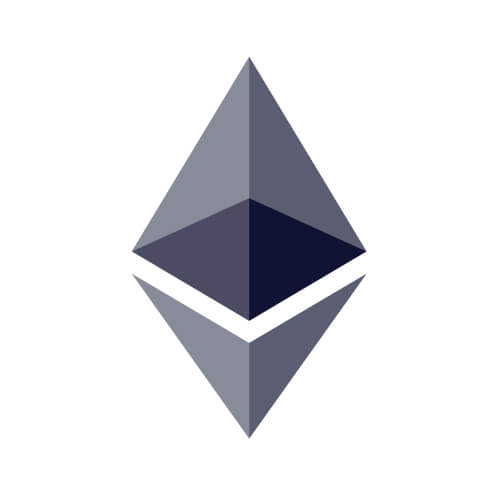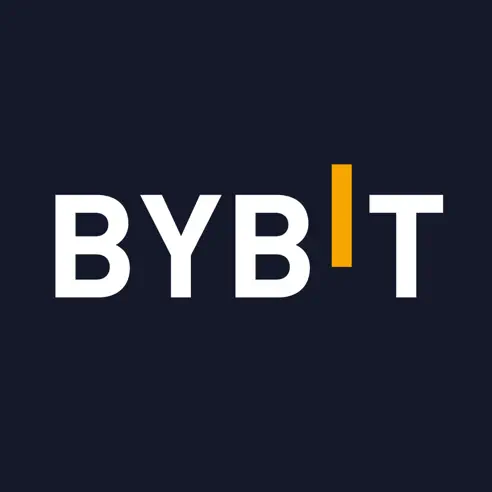OpenSea’s SEA airdrop, which kicked off on May 2, 2025, has faced criticism for not having clear-cut eligibility criteria and disproportionate token allocations. The network announced that 6% of SEA’s circulating supply would go to past users, but the active traders were left out.
Investors have found conditions for OpenSea’s airdrop of its SEA token contentious ever since the volumes in NFT trading plummeted sharply. OpenSea currently registers a record 90% fall in trading volumes from its record peak. This warrants close attention to the dispersal of the coming SEA tokens. Investors are debating now whether to reward users with historical trading fees or use newer engagement metrics such as experience points (XP).
Historical Fees vs. Engagement Metrics
The central argument of the debate is that OpenSea should prioritize historical fees spent when allocating SEA tokens. Its proponents believe it rewards older users who have invested financially in the platform. Cyphr, founder of gmDAO, is a fan of this perspective and comments, “The one & only metric that
@Opensea should use the $SEA airdrop criteria is historical fees paid to OS. That’s literally it. Doing mindless tasks on V2 to gain XP adds zero value to their business and should get peanuts accordingly.”
Some feel, however, that incentive work must be prioritized that exists as gauged by metrics like XP. Moodz, a co-founder at Mood Labs, does not believe in the fee model, as he believes it will not be able to support existing sustainability on the platform. That is, in effect, a wake-up call to greater investors’ pressure to reward existing engagement rather than reward past engagement in isolation.

The Effect of Reduced Trading Volume
The significant drop in the trading volume at OpenSea is a cause of great concern regarding the success of reward systems in operation. Despite OpenSea introducing XP rewards, most investors feel these initiatives have not resulted in significant trading activity.
Cyphr worded this issue by stating, “The XP crates don’t drive real volume; they simply produce empty activity.” This has also further encouraged greater calls for transparency from OpenSea’s management regarding the makeup of the airdrop.
With OpenSea climbing again to number two in Kaito’s Mindshare chart, hopes for a true update regarding the airdrop dynamics build. Investors seek clarity on the outcomes to understand how their participation will benefit them.
Regulatory Considerations
With the introduction of a new variable, an updated regulation may change the mathematics of airdrops. An addition of a new variable, with a new regulation introduced, may alter the balance of airdrops. The United States Securities and Exchange Commission (SEC) wrapped up its investigation of OpenSea and ruled that NFTs are not securities.
The ruling may remove some regulatory barriers that delayed the listing of the SEA token. The ruling may provide OpenSea with the confidence it needs to proceed with its airdrop without fearing lawsuits.
The current commotion around OpenSea’s SEA token airdrop conditions shows the NFT market changing. The platform investors are bemoaning in an effort to provide an equitable reward scheme rewarding historical contribution while incentivizing continued user interaction. The issue remains in finding that balance of rewarding history without setting up a winning, vibrant population of users to support new arrivals.
















